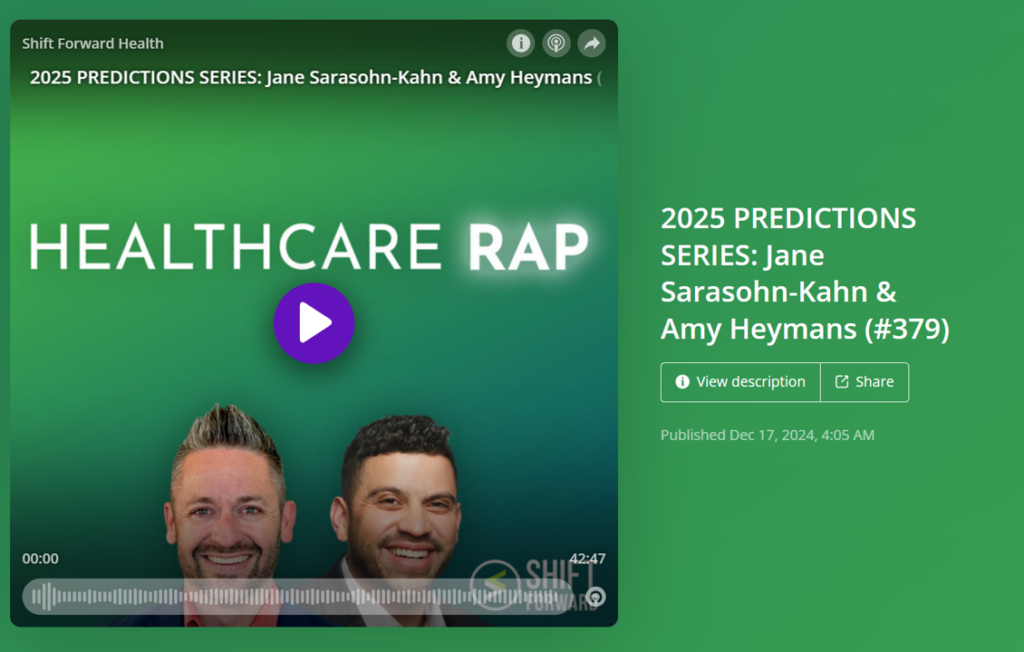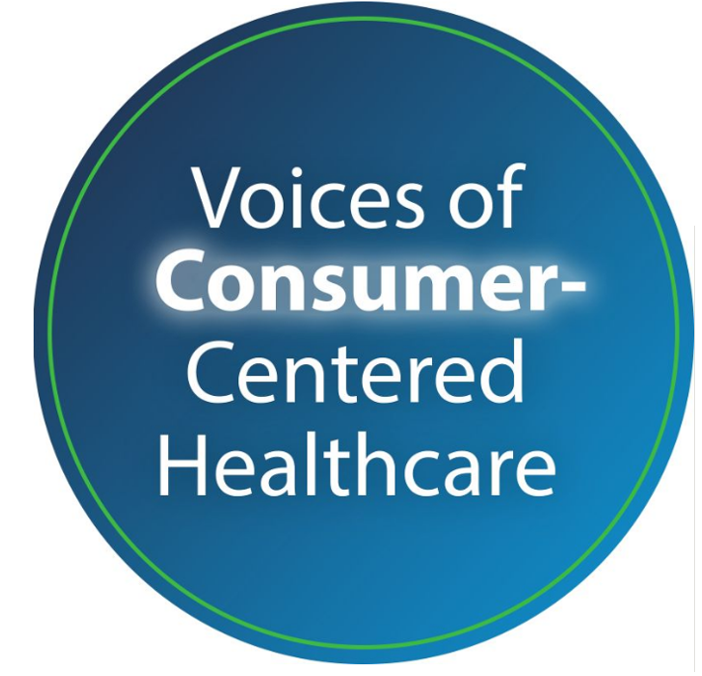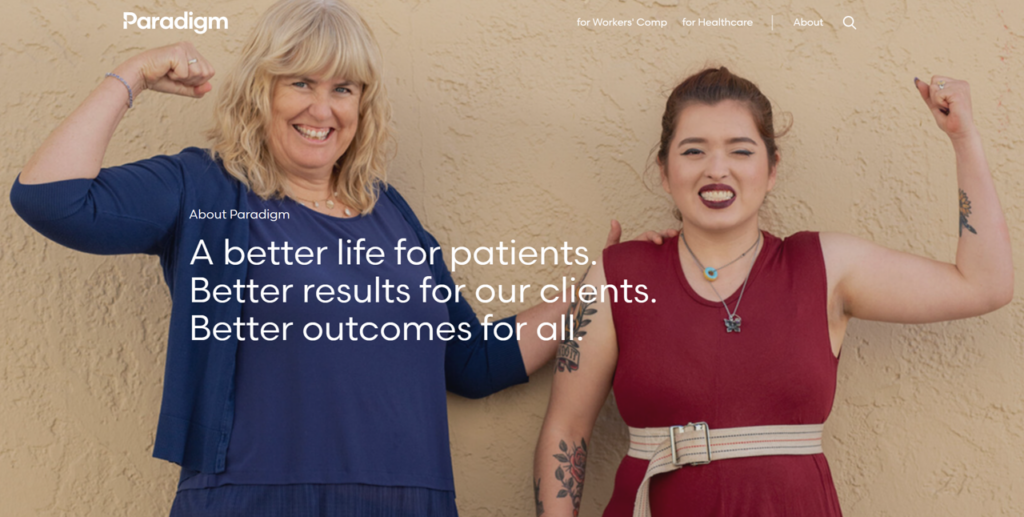Don Kemper of Healthwise, the guru and proponent of Information Therapy, discoursed with Matthew Holt on the differences and synergies between Ix therapy and Health 2.0. A panel of reactors listened and responded: they were Gilles Frydman of ACOR, Dr. Alan Greene of DrGreene.com, Amy Tenderich of DiabetesMine, and Dr. Ted Eytan of Permanente Foundation. All four of these panelists are on Twitter, all four are active and important voices in their respective websites and blogs, and all four hold deeply passionate visions for Health 2.0.
They all also believe, through their respective lenses, that health citizens’/patients’ use of the Internet in health is happening, is real, and is incredibly important. Some believe that Ix therapy well-integrates into the process of care, and others hold the perspective that keeping the fields fairly discrete can create a kind of competition of health ideas and discourse, yielding greater wisdom through that tension — in a sort of health knowledge-dialectic.
The point of scientific knowledge disbelief was raised by Gilles Frydman, whose founding of ACOR was grounded in his experience with cancer “knowledge” and the medical establishment while his family was dealing with the condition many years ago. ACOR enables health citizens to engage with each other and learn about every type of cancer and related conditions, and has helped people find information that hasn’t been generally or readily available through physicians. Many of the ACOR participants have become alienated in that process of looking for information from physicians and would fall into the 72% of Americans who don’t find clear evidence when delivered by clinicians.
By the end of “the debate,” there remained many open ends and questions. But the debaters came together in a collegial group hug and held out hope that some convergence, especially when married to care processes as Dr. Ted Eytan has experienced in the Kaiser-Permanente system, can yield better outcomes.
Health Populi’s Hot Points: Those who question the power of Health 2.0 and the health-social Internet need only look at the above number to understand why millions of health citizens are drawn to social networks online to manage their health. In the audience, I saw Jamie Heywood and Ben Atkinson of PatientsLikeMe, whose work is another stellar example of this phenomenon. This isn’t just happening in rare and orphan diseases; Amy Tenderich’s work with DiabetesMine proves that ‘large spectrum’ diseases like the epidemic of diabetes yields the Wisdom of Patients helping Patients where the ability to articulate and communicate “real science” is lagging.





 It's becoming a (beloved) annual tradition for my brilliant friend and health care design maven Amy Heymans as we re-convene for the third year (or is it the fourth?)
It's becoming a (beloved) annual tradition for my brilliant friend and health care design maven Amy Heymans as we re-convene for the third year (or is it the fourth?)  Thank you, Jared Johnson, for including me on the list of the
Thank you, Jared Johnson, for including me on the list of the  Jane will deliver the keynote address at the upcoming
Jane will deliver the keynote address at the upcoming